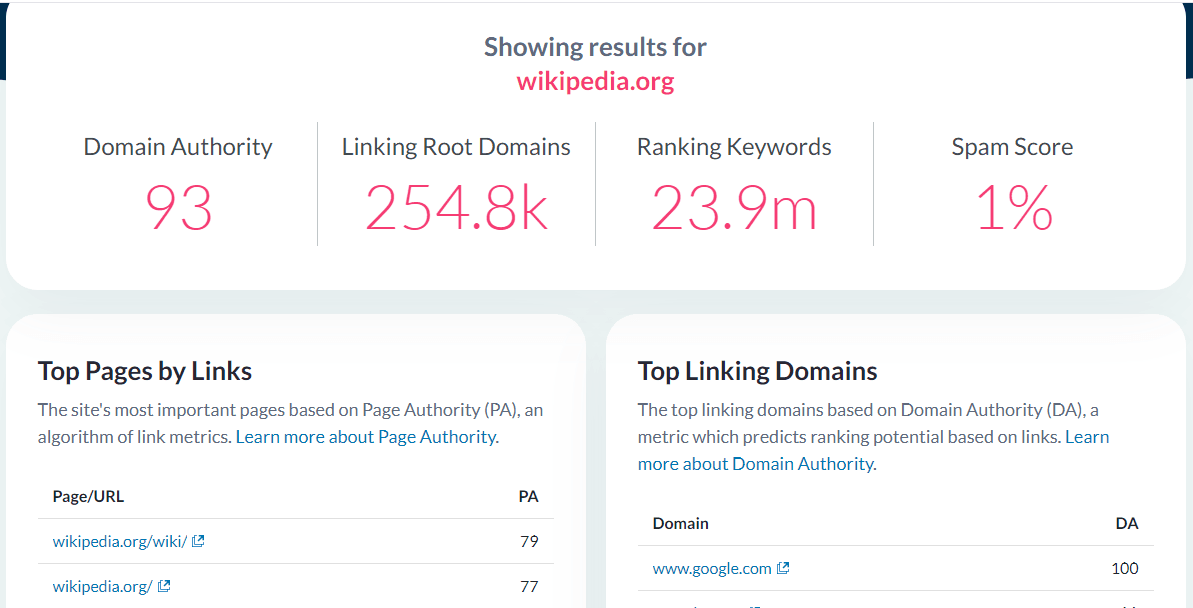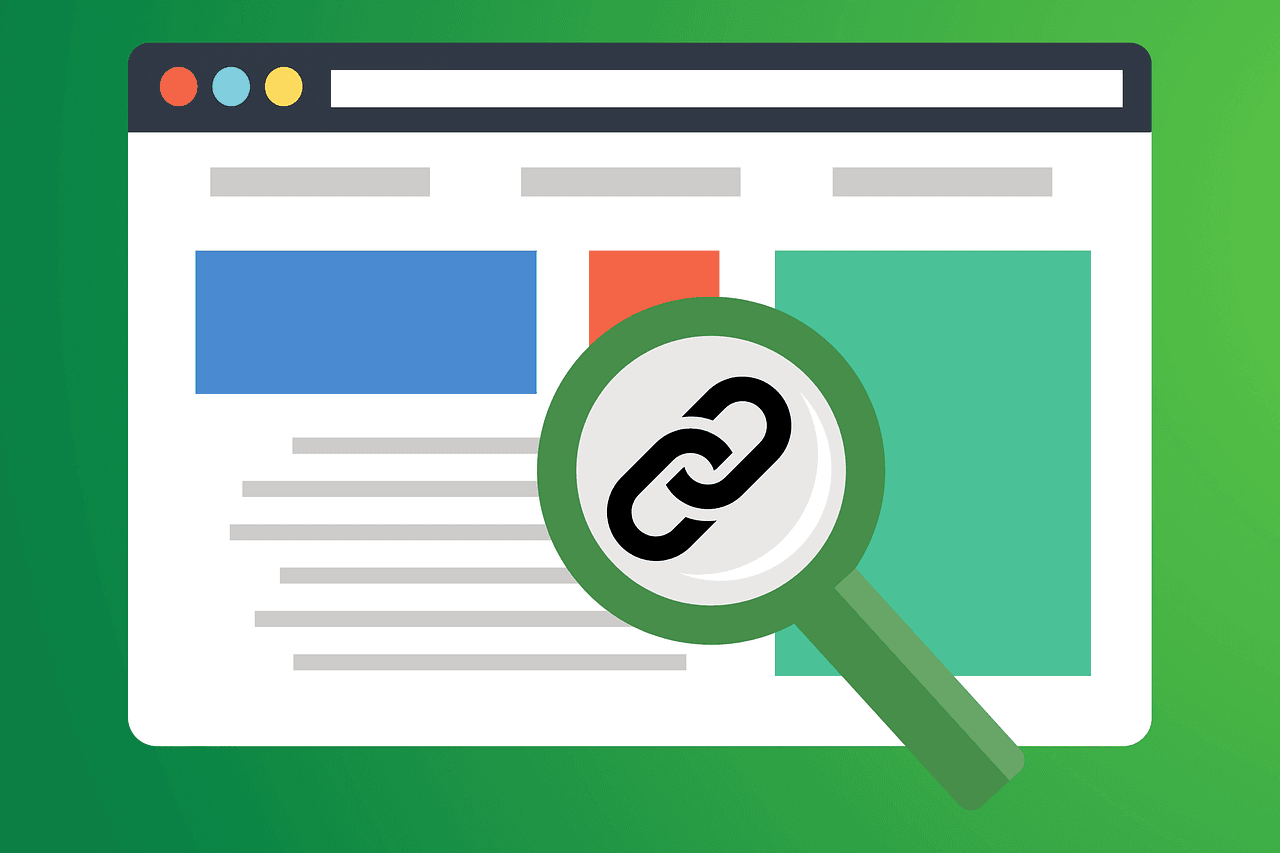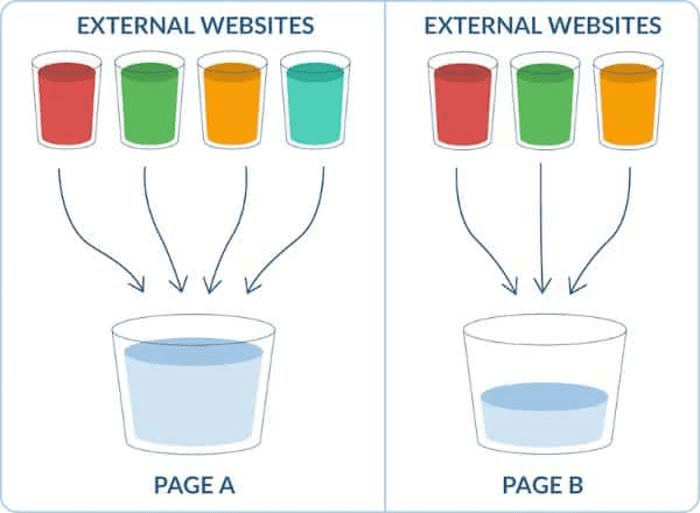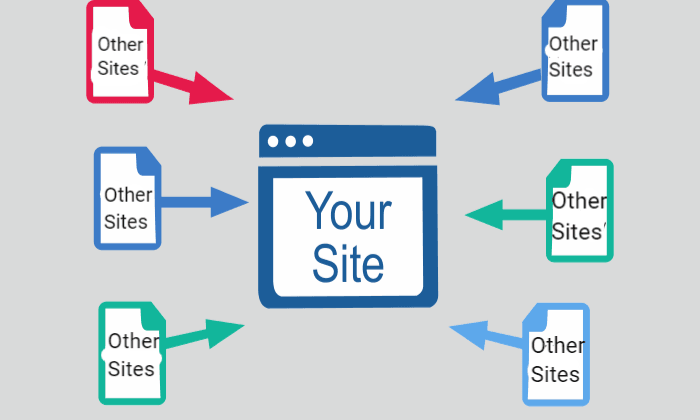Domain Authority (DA) is a key metric used to predict how well a website is likely to rank in search engine results. It’s influenced by factors like backlinks and site content. At Keyword Metrics, we’ll take a closer look at how DA impacts your SEO strategy.
What is Domain Authority?
Domain Authority (DA) is a search engine ranking score developed by Moz to predict how well a website is likely to rank on search engine result pages (SERPs). Scores range from 1 to 100, with higher scores suggesting a greater ability to rank. It’s not a ranking factor used by Google but rather a useful metric for evaluating a site's SEO potential.
How Domain Authority Works in SEO
Domain Authority is calculated using a variety of factors, primarily the quality and quantity of backlinks to a website. Some of the key inputs include:
- Link Profile: A website with backlinks from authoritative and relevant sites typically scores higher.
- Root Domains: The number of unique websites linking back to your domain also influences DA.
- Moz's Algorithm: Moz uses machine learning to assess various ranking signals and predict DA.
For example:
- A new blog with minimal backlinks might have a DA score of 10 or less.
- An established site like Wikipedia, with millions of authoritative backlinks, scores close to 93.

Where to View Domain Authority
You can check a website's Domain Authority using tools like:
- Moz Domain Explorer (Official)
- Third-party SEO tools like Ahrefs or SEMrush (though they use alternative metrics).
Why Domain Authority Is Important for SEO
While Domain Authority isn’t a direct Google ranking factor, it offers several practical benefits:
Competitive Analysis
DA helps SEO professionals gauge how their site compares to competitors. For instance:
If your website has a DA of 25 and your competitors are at 50+, improving your backlink strategy is essential to level the playing field.
Backlink Strategy
It can guide your outreach efforts. Prioritize obtaining links from websites with higher DA scores for better SEO impact.
Content Planning
Websites with higher DA often rank more easily for competitive keywords. Focus on building your site’s authority to expand your keyword reach over time.
Partnership Opportunities
Brands and affiliates often evaluate DA to determine the credibility of potential partners.
Pro Tips for Improving Domain Authority
Build High-Quality Backlinks
- Seek links from reputable sites in your industry.
- Focus on earning links naturally through excellent content rather than buying them.
Example: Publish an industry report that other sites may link to as a resource.
Audit Your Link Profile
Use tools like Moz or Ahrefs to identify and disavow low-quality or spammy links, as these can harm your DA.
Focus on Internal Linking
Internal links help distribute authority across your pages and improve user experience.
Consistently Publish Quality Content
Google rewards fresh, authoritative content. Focus on solving user queries comprehensively.
Common Misconceptions About Domain Authority
Despite its popularity, Domain Authority (DA) is often misunderstood. These misconceptions can lead to incorrect assumptions and strategies. Here are the most common misunderstandings to watch out for:
DA Is a Direct Google Ranking Factor
Many believe DA is used by Google to determine a website’s position on search engine results pages (SERPs). However, DA is not a Google ranking factor. It’s a metric developed by Moz to predict a site's ranking potential, not an official ranking signal.
DA Is the Only Metric That Matters
While DA is a useful metric, relying on it exclusively is a mistake. Other important SEO metrics include:
- Page Authority (PA): Evaluates the ranking strength of individual pages.
- Domain Rating (DR): Ahrefs’ metric for domain strength.
- Keyword Rankings: Assess how well your content aligns with search intent.
A balanced SEO strategy considers multiple metrics for a holistic view of site performance.
DA Is a Fixed Score
DA is dynamic and evolves over time. Changes in factors like:
- The quality and quantity of your backlinks
- The authority of the websites linking to you
- Competitor site improvements
…can all impact your score. Regular monitoring is essential.
DA and PageRank Are the Same
While DA and Google’s PageRank both measure authority, they’re fundamentally different:
- PageRank: A proprietary Google algorithm evaluating the value of backlinks.
- Domain Authority: A third-party prediction tool based on Moz's methodology.
Understanding these differences is critical to avoid misinterpreting performance data.
Practical Applications of Domain Authority
Content Planning Example
If your DA is 20, you might focus on less competitive, long-tail keywords to rank effectively. As your DA increases, you can target more competitive terms.
Competitor Benchmarking Example
If two sites are competing for a keyword and both have excellent content, the one with the higher DA often has a ranking advantage.
Outreach Example
If you’re pitching guest posts, mention your DA to demonstrate your site’s credibility.
FAQs on Domain Authority
Q. What is a good Domain Authority score?
A. A "good" score depends on your industry and competitors. Generally, scores above 50 are strong, while smaller sites often range between 20 and 40.
Q. How often does Domain Authority update?
A. Domain Authority is updated regularly by Moz, typically every few weeks.
Q. Can Domain Authority directly improve my Google rankings?
A. No, Google doesn’t use Domain Authority. However, improving factors that influence DA, like quality backlinks, can indirectly boost your rankings.
Q. What is the difference between Domain Authority and Page Authority?
A. Domain Authority measures the overall ranking potential of an entire website, while Page Authority evaluates the ranking strength of a single webpage.
Related Glossary Terms to Explore
- Backlinks: Discover how backlinks influence your website's authority and SEO rankings.
- Keyword Research: Find out how keyword research helps identify high-value opportunities for improving your rankings.
- Anchor Text: Learn how optimizing anchor text can enhance your link-building strategy and SEO performance.


